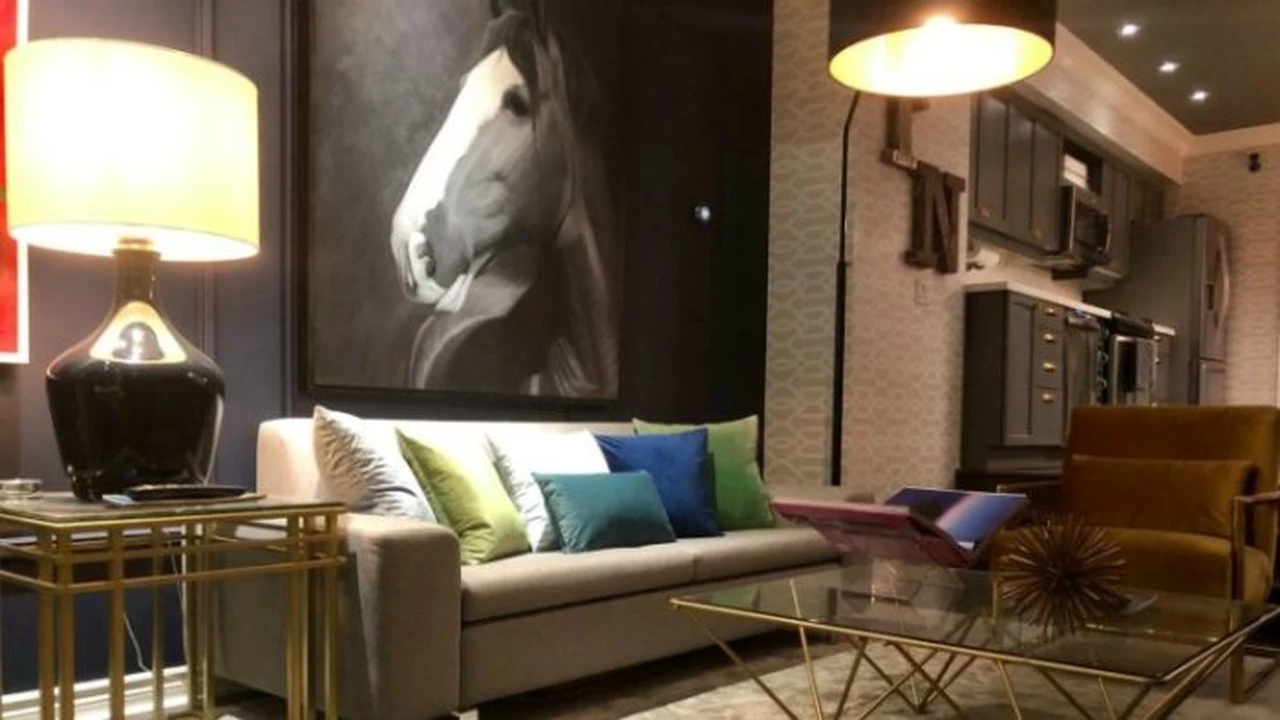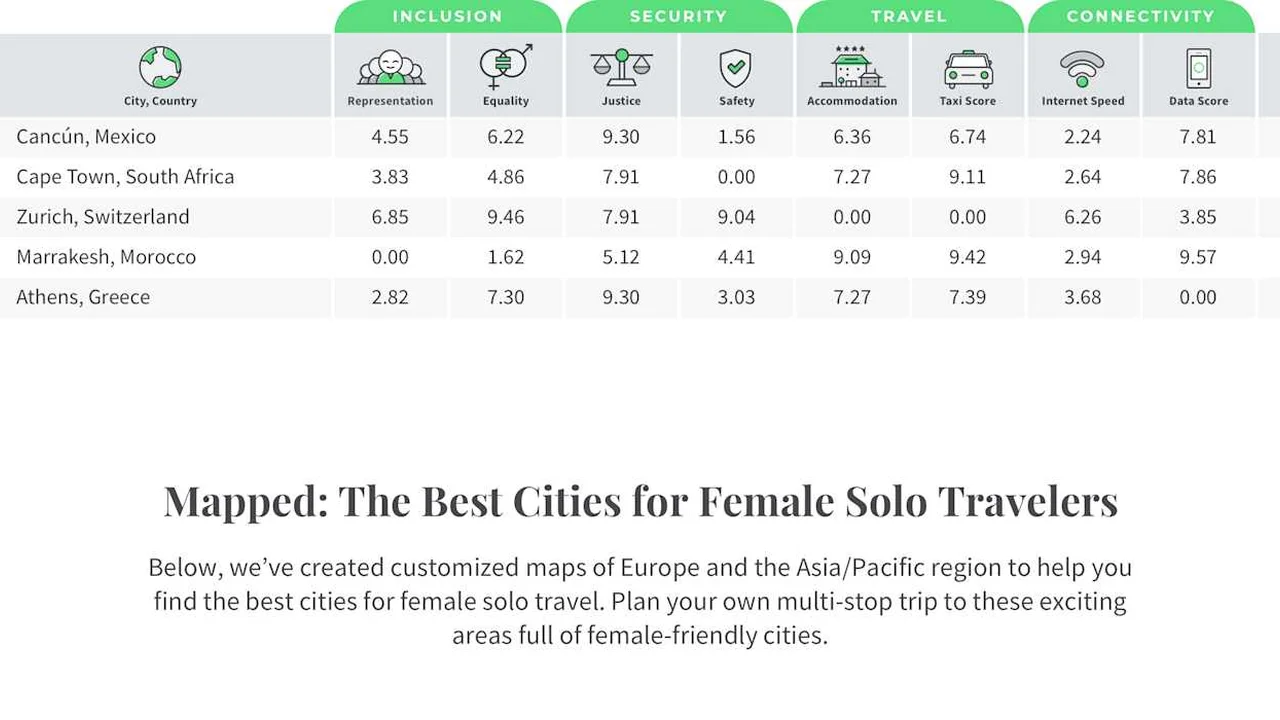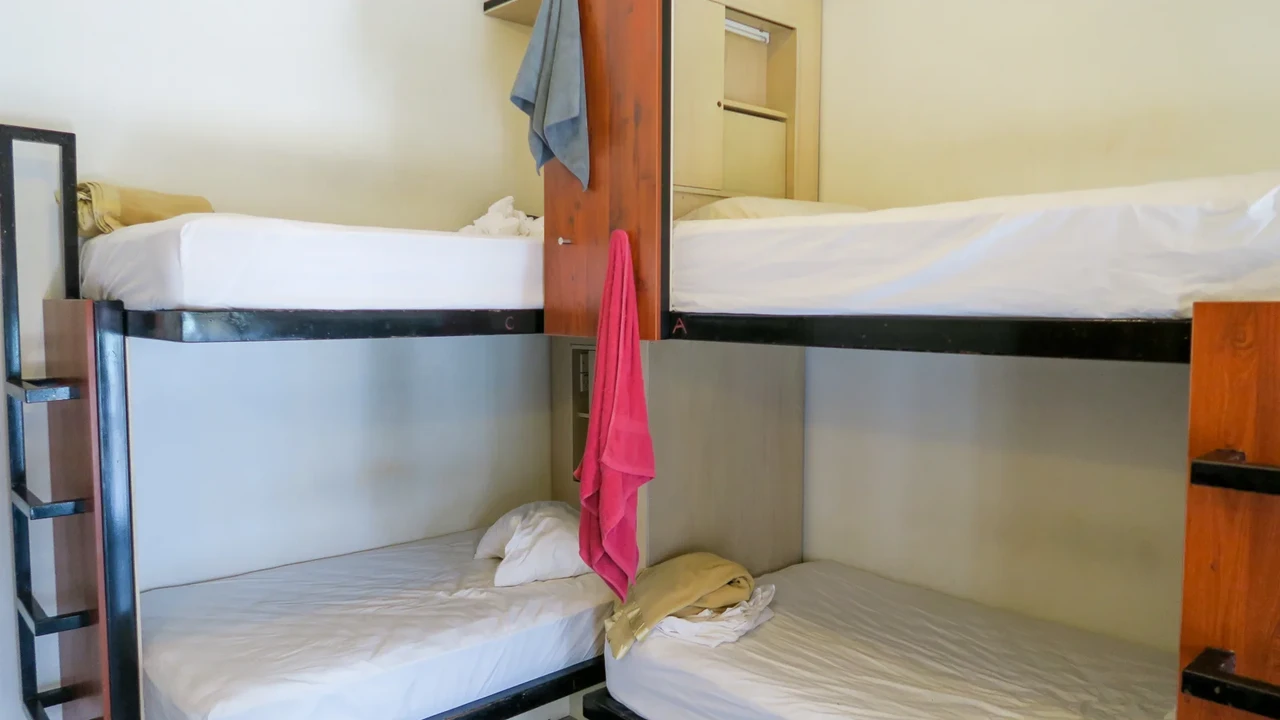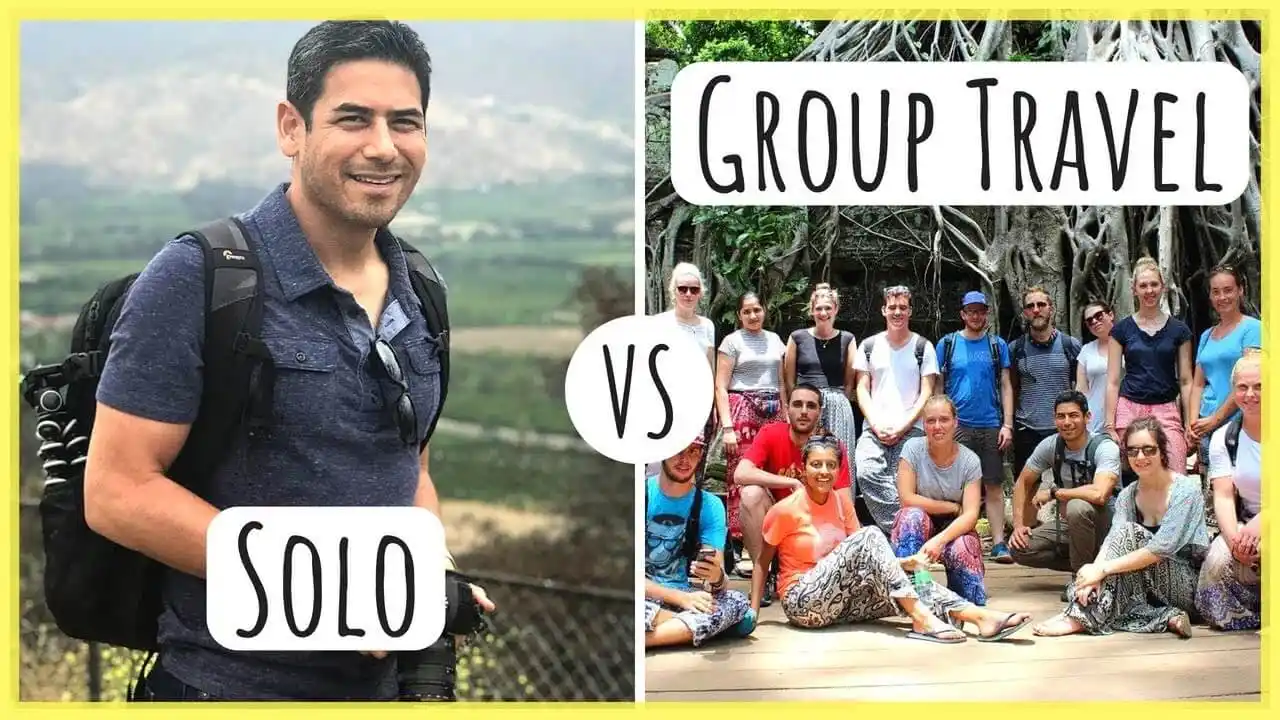Accommodation Options Solo Traveler Review
Master the art of budget planning for your solo travels. This guide provides practical tips for setting a budget, tracking expenses, and saving money. Travel further and longer without breaking the bank.

Hostels vs Hotels Solo Travel Budget Accommodation
Okay, so you're hitting the road solo, and the big question is: where are you going to crash each night? Accommodation can make or break your budget, and it definitely impacts the kind of experience you're gonna have. Let's break down some of the most popular options for solo travelers, weighing the pros and cons, and even throwing in some specific recommendations (with prices!).
First up, let's talk about the classic backpacker haven: Hostels. Think dorm rooms, shared kitchens, and a whole lotta social interaction. If you're looking to meet people, save money, and don't mind sacrificing a little privacy, hostels are your jam.
Pros of Hostels for Solo Travelers:
- Budget-Friendly: Hostels are almost always the cheapest option. You can often find beds for as little as $10-$30 a night, depending on the location.
- Social Atmosphere: Hostels are designed for socializing. Common areas, organized activities, and fellow travelers eager to connect make it easy to make friends.
- Local Knowledge: Hostel staff are often locals or long-term travelers who can provide insider tips on the best things to see and do.
- Kitchen Facilities: Save money by cooking your own meals in the hostel kitchen.
Cons of Hostels for Solo Travelers:
- Limited Privacy: Dorm rooms mean sharing space with strangers. Snoring, late-night arrivals, and early risers can disrupt your sleep.
- Security Concerns: While most hostels have lockers, you're still sharing a space with multiple people. Keep your valuables secure.
- Noise Levels: Hostels can be noisy, especially in the common areas. Pack earplugs if you're a light sleeper.
- Cleanliness: Cleanliness can vary widely from hostel to hostel. Read reviews carefully before booking.
Hostel Recommendations:
- Generator Hostels (Various Locations): Known for their stylish design, social events, and central locations. Expect to pay around $25-$50 per night for a dorm bed.
- Freehand Hotels (Chicago, Los Angeles, New York, Miami): A bit more upscale than your average hostel, with a focus on design and community. Dorm beds start around $40-$70 per night. They also have private rooms if you want more space.
- Selina Hostels (Various Locations in Latin America & Europe): Selina offers a mix of dorms, private rooms, co-working spaces, and wellness activities. A great option if you're looking for a more holistic travel experience. Dorm beds typically range from $15-$40 per night.
Hotels Solo Travel Comfort and Privacy
Next up: Hotels. The classic travel accommodation. Hotels offer privacy, comfort, and a range of amenities, but they also come with a higher price tag.
Pros of Hotels for Solo Travelers:
- Privacy: You get your own room and bathroom, offering complete privacy and relaxation.
- Comfort: Hotels typically offer comfortable beds, clean linens, and amenities like TVs and toiletries.
- Security: Hotels usually have security measures in place, such as key card access and 24-hour front desk service.
- Amenities: Many hotels offer amenities like swimming pools, gyms, restaurants, and room service.
Cons of Hotels for Solo Travelers:
- Cost: Hotels are generally more expensive than hostels, especially in popular tourist destinations.
- Less Social Interaction: It can be harder to meet people in hotels, as you're more isolated in your room.
- Can Feel Lonely: Solo travelers can sometimes feel lonely in a hotel room, especially if they're used to the social atmosphere of hostels.
Hotel Recommendations:
- CitizenM Hotels (Various Locations): Stylish and modern hotels with a focus on technology and convenience. Rooms are compact but well-designed, and the lobby is a great place to work or relax. Expect to pay around $100-$200 per night.
- Ace Hotel (Various Locations): Trendy hotels with a focus on design and culture. Each Ace Hotel has its own unique personality, and they often host events and collaborations with local artists. Rooms typically range from $150-$300 per night.
- The Hoxton (Various Locations): Boutique hotels with a focus on local experiences. The Hoxton offers stylish rooms, co-working spaces, and a range of events and activities. Expect to pay around $120-$250 per night.
Guesthouses and Bed & Breakfasts Solo Travel Local Experiences
Looking for something a bit more personal? Guesthouses and Bed & Breakfasts (B&Bs) offer a more intimate and local experience than hotels. They're often family-run and provide a chance to connect with the owners and other guests.
Pros of Guesthouses and B&Bs for Solo Travelers:
- Personalized Service: Guesthouse and B&B owners are often very attentive and can provide personalized recommendations and assistance.
- Local Experience: Staying in a guesthouse or B&B can give you a more authentic taste of local culture.
- Social Atmosphere: You're more likely to interact with other guests and the owners, creating a more social and welcoming atmosphere.
- Often More Affordable than Hotels: Guesthouses, especially in Southeast Asia, can be surprisingly affordable.
Cons of Guesthouses and B&Bs for Solo Travelers:
- Fewer Amenities: Guesthouses and B&Bs typically offer fewer amenities than hotels.
- Less Privacy: You're more likely to interact with other guests and the owners, which may not appeal to everyone.
- Location: Guesthouses and B&Bs are often located outside of the main tourist areas.
Guesthouse/B&B Recommendations: (Prices vary greatly by location. These are general examples)
- Look for highly-rated options on Booking.com or Airbnb. Read reviews carefully to get a sense of the atmosphere and service.
- In Southeast Asia: Many small family-run guesthouses offer incredibly affordable rooms (often under $20/night) and a very welcoming atmosphere.
- In Europe: B&Bs can range from budget-friendly options to more luxurious experiences. Expect to pay anywhere from $50-$150+ per night.
Airbnb Solo Travel Local Living
And finally, the disruptor: Airbnb. Airbnb allows you to rent apartments, houses, or even just a room in someone's home. It's a great option if you're looking for a more local and independent experience.
Pros of Airbnb for Solo Travelers:
- Local Experience: Staying in an Airbnb can give you a more authentic taste of local life.
- More Space: You often get more space than you would in a hotel room, including a kitchen and living area.
- Privacy: You can choose to rent an entire apartment or house, giving you complete privacy.
- Potential Cost Savings: Depending on the location and type of accommodation, Airbnb can sometimes be cheaper than hotels.
Cons of Airbnb for Solo Travelers:
- Inconsistency: The quality of Airbnb accommodations can vary widely. Read reviews carefully before booking.
- Less Social Interaction: It can be harder to meet people when staying in an Airbnb, as you're more isolated.
- Security Concerns: Be sure to read reviews and communicate with the host before booking to ensure your safety.
- Hidden Fees: Airbnb can have hidden fees, such as cleaning fees and service fees, so be sure to factor those into your budget.
Airbnb Recommendations:
- Look for \"Superhosts\": Superhosts are experienced Airbnb hosts with consistently high ratings.
- Read Reviews Carefully: Pay attention to what other guests have to say about the location, cleanliness, and safety of the accommodation.
- Communicate with the Host: Ask the host any questions you have before booking to ensure that the accommodation is a good fit for you.
- Consider a Private Room in a Shared Apartment: This can be a good balance between privacy and social interaction, and often a more affordable option.
Product Comparisons Solo Travel Accommodation Gadgets
Let's talk about some gadgets that can make your accommodation experience even better, no matter where you're staying.
Portable Door Lock Comparison Solo Traveler Security
The Addalock Portable Door Lock vs. The DoorJammer Portable Security Device
Solo travel means taking extra precautions, and portable door locks are a great way to add a layer of security. The Addalock and the DoorJammer are two popular options.
Addalock:
- Description: A small, lightweight device that attaches to the door frame and prevents the door from being opened from the outside.
- Pros: Easy to use, affordable (around $20-$25), lightweight, and adds an extra layer of security.
- Cons: May not work on all types of doors, requires some dexterity to install.
- Best Use Case: Hostels, budget hotels, or any situation where you want extra peace of mind.
DoorJammer:
- Description: A larger, more robust device that wedges under the door and uses pressure to prevent it from being opened.
- Pros: Very secure, works on most types of doors, and is easy to install.
- Cons: More expensive (around $30-$40), heavier than the Addalock, and takes up more space in your luggage.
- Best Use Case: Hotels, Airbnbs, or any situation where you want maximum security.
Noise Cancelling Headphones Solo Travel Sleep Aids
Bose QuietComfort 45 vs. Sony WH-1000XM5
Whether you're in a noisy hostel dorm or trying to get some sleep on a long flight, noise-cancelling headphones are a lifesaver. Bose and Sony are the two big players in this market.
Bose QuietComfort 45:
- Description: Known for their exceptional noise cancellation and comfortable fit.
- Pros: Excellent noise cancellation, comfortable for long periods of use, simple and intuitive controls.
- Cons: More expensive (around $300-$350), not as feature-rich as the Sony WH-1000XM5.
- Best Use Case: Travelers who prioritize noise cancellation and comfort above all else.
Sony WH-1000XM5:
- Description: Packed with features, including excellent noise cancellation, customizable sound, and a sleek design.
- Pros: Excellent noise cancellation, customizable sound, long battery life, and a wide range of features.
- Cons: More expensive than the Bose QuietComfort 45 (around $350-$400), can be slightly less comfortable for some users.
- Best Use Case: Travelers who want the best possible noise cancellation and a wide range of features.
Travel Adapters Solo Travel Electronics
EPICKA Universal Travel Adapter vs. BESTEK Universal Travel Adapter
If you're traveling internationally, you'll need a travel adapter to plug in your electronics. These two are popular and reliable options.
EPICKA Universal Travel Adapter:
- Description: A compact and versatile adapter that works in over 150 countries.
- Pros: Compact and lightweight, works in most countries, and has multiple USB ports for charging your devices.
- Cons: Can be a bit bulky, and the USB ports may not charge devices as quickly as a dedicated charger.
- Best Use Case: Travelers who need a single adapter that works in a wide range of countries. Price around $20-$25.
BESTEK Universal Travel Adapter:
- Description: Similar to the EPICKA, but with a built-in power converter for using devices that require 220V in countries with 110V outlets.
- Pros: Works in most countries, has a built-in power converter, and multiple USB ports.
- Cons: Larger and heavier than the EPICKA, and the power converter may not be necessary for all devices.
- Best Use Case: Travelers who need to use devices that require 220V in countries with 110V outlets. Price around $30-$35.
So, whether you're bunking in a bustling hostel or treating yourself to a fancy hotel, choosing the right accommodation and packing the right gear can make all the difference on your solo adventure! Happy travels!
:max_bytes(150000):strip_icc()/277019-baked-pork-chops-with-cream-of-mushroom-soup-DDMFS-beauty-4x3-BG-7505-5762b731cf30447d9cbbbbbf387beafa.jpg)






